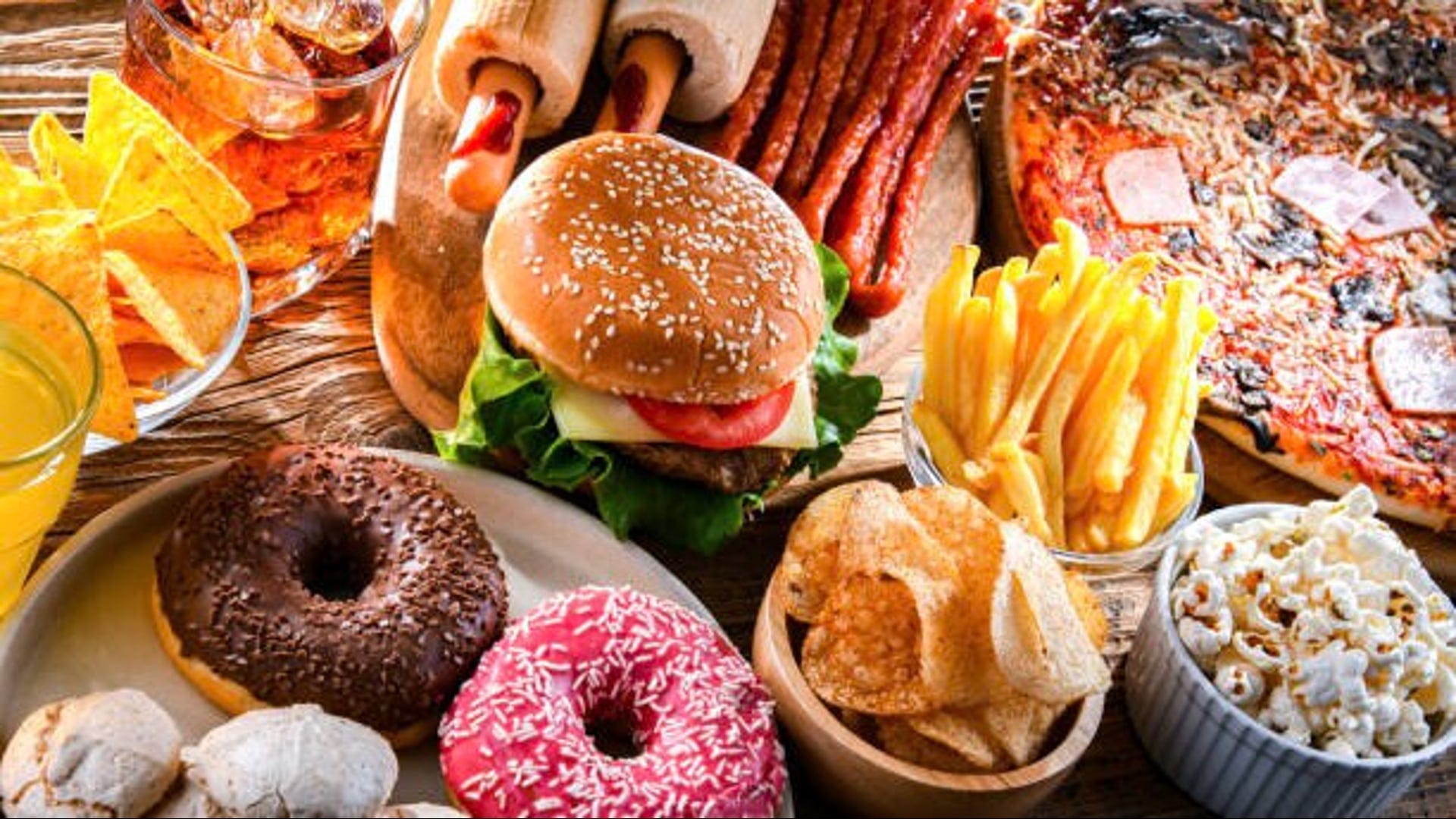How to prepare for a colonoscopy – and what you can eat beforehand

More than 100,000 Americans will be diagnosed with colon cancer this year, according to estimations by the American Cancer Society (ACS). Medical professionals generally agree that getting a colonoscopy is the best way to screen patients.
"Colonoscopy is considered the gold-standard when screening for colorectal cancer," says gastroenterologist Dr. Brian McGee, MD. "It’s a safe procedure that is the only cancer screening tool that can both prevent and detect early-onset colorectal cancer."
The ACS currently recommends people with average risk begin regular screening at age 45, and continue screening until age 75. (They don't recommend colorectal cancer screenings for those over the age of 85.)
But those who have a higher risk, which includes having a personal or family history of colon cancer and a personal history of inflammatory bowel disease, may need to be screened sooner.
If you're within the 45 to 75 age bracket, have any of the aforementioned conditions associated with higher risk, have blood in your stool or have continuing abdominal pain that continues despite treatment with over-the-counter medications, McGee says your first course of action should be finding "a board-certified gastroenterologist with a history and reputation of properly taking care of patients."
But what do you do once you find a doctor and schedule your colonoscopy? Medical experts explain.
What can I eat the day before a colonoscopy?
While experts offer a handful of do's and don'ts when it comes to colonoscopy prep, it's important to communicate with your doctor to ensure you're following their specific instructions.
If you're on a blood thinning medication, your doctor may ask you to temporarily stop taking it somewhere between three and seven days leading up to the procedure, according to the ACS.
Around three to five days prior to the colonoscopy, the ACS recommends refraining from eating fiber-rich foods, which are more difficult to digest, such as fruits and vegetables with skin or seeds, whole grain bread and rice, nuts, granola and seeds. And avoid drinks that are red or purple (so no cranberry or grape juice), because those can stick around in the colon and be mistaken for blood. McGee also "strongly" recommends patients avoid eating corn around that same timeframe – "it looks exactly the same on the way out," he notes.
Your menu the day before the procedure should stick to clear liquids: water, coffee and broth, per the ACS.
How to prep for colonoscopy
In addition to that liquid diet, that's also when you may be instructed to take the medications provided by your doctor to help clear your bowels. After taking that, you'll likely want to be near a bathroom. Fear not – the whole point is to flush everything out of your system to give your provider the clearest view of your colon possible.
Patients are usually told to avoid eating or drinking anything the day of, though they may instruct patients to do additional bowel prep that morning.
"Each provider will have their own version of a prep that will detail things to avoid eating and drinking before your exam, in addition to instructions detailing how to clean out your colon," McGee adds. "I generally will stress the importance of following these instructions as best as they can so that my patient understands: The more cleaned out you are, the better exam I’m able to give you."